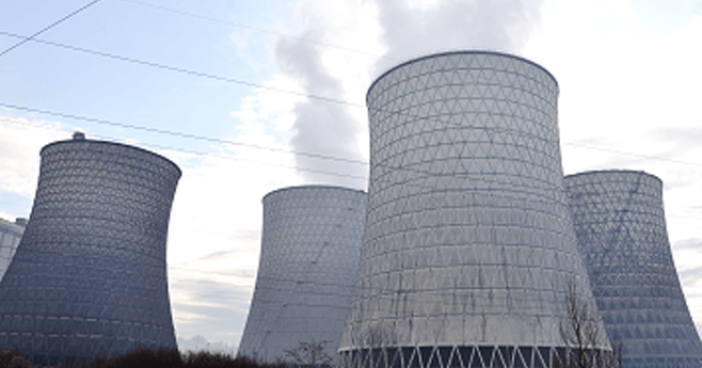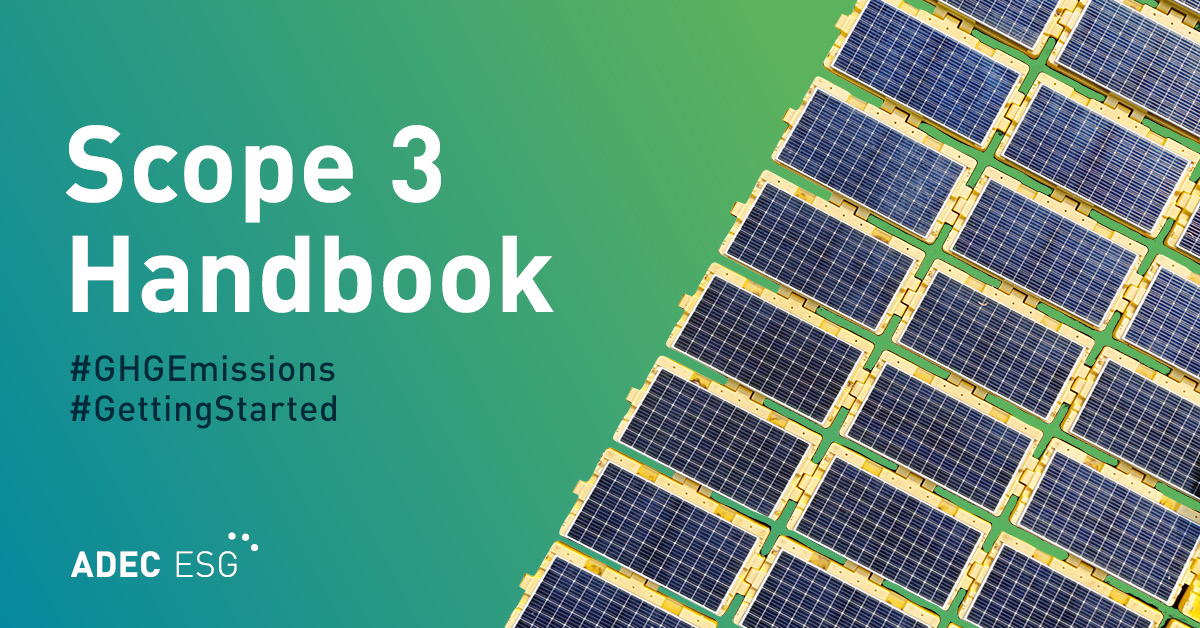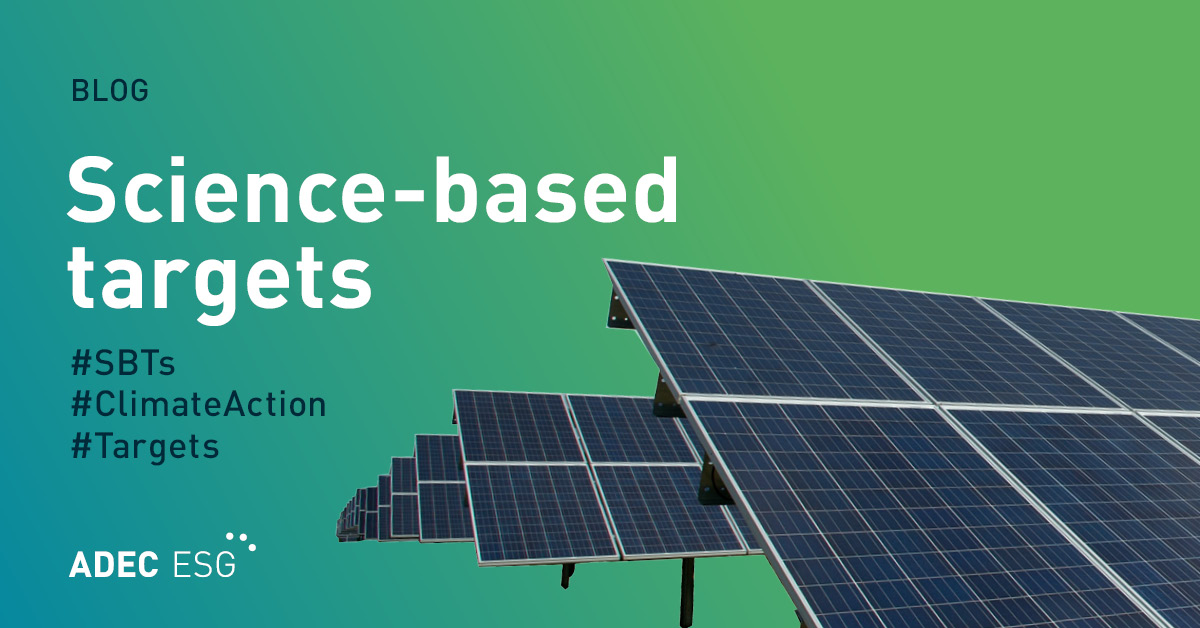CCS Background
Carbon Capture and Storage (CCS) involves securing carbon dioxide (CO2) at its emission source, storing, and isolating it, thus preventing it from entering the atmosphere and negating its global warming effects. CCS is not new – there are several different CCS technologies, and the CO2 can be stored underground or underwater. One of the more recent breakthroughs is using reactive basalt, a volcanic rock found in abundance, to turn the liquefied CO2 into stable carbonate.
The Intergovernmental Panel on Climate Change’s (IPCC) Fifth Assessment Report has even included CCS as a viable response to climate change, albeit as one tool that should be used in conjunction with other technological and policy actions.
Economics of CCS
As it stands, CCS has a high cost – both with the initial investment and ongoing operations. Shell CEO Ben Van Beuren, weighing in on the economic feasibility of CCS, says that the technology is driven by the need to tackle climate change rather than commerce. For the technology to be adopted widely, he believes governments need to set an effective price on CO2 emissions, a position that is supported by the Center for Climate and Energy Solutions.
This is not to say that CCS is commercially non-viable. Rather, the technology is at the demonstration stage. However, governing bodies like the US Department of Energy (DOE) have plans to develop it commercially. Through a project called Carbon Storage Assurance Facility Enterprise (CarbonSAFE), the DOE is looking at the business model to show the feasibility of developing CCS for commercial purposes.
In recent estimates released by research firm Grand View Research Inc., the global CCS market value is predicted to exceed $8.75 billion by 2025. It adds that the highest demand for CCS will come from enhanced oil recovery (EOR) driven by depleting oil reserves, and from high-purity industrial applications.
Following are key findings from Grand View Research’s report on the CCS market:
- The global CCS demand exceeded 61 million tons in 2015 and is estimated to grow 6% annually from 2016 to 2025, with the Asia Pacific region expected to grow at the fastest rate (9.7%)
- Post-combustion capture technology is anticipated to grow at the highest annual rate of 15.6% from 2016 to 2025
- A stringent regulatory framework for a cleaner environment and an increasing use of the CO2 injection enhanced oil recovery (EOR) technique in depleted hydrocarbon basins are expected to be the major factors driving demand in North America
- Upcoming CCS projects include the Alberta Carbon Trunk Line (ACTL) with the North West Sturgeon Refinery CO2 Stream in Canada, Future Gen 2.0 Project in the US, and Preheat CCS and Don Valley Power Projects in the UK
As is the case with many climate action technologies, CCS is not without critics, who assert that a lot of climate action about the technology is wishful thinking. Geophysicist Andrew Skuce, a well-known climate change pundit, argues that achieving a significant milestone in climate change with CCS technology would require building a large CCS plant every day for the next 70 years. On the other hand, supporters might argue that, if this were true, it demonstrates a strong reason to accelerate the technology’s attractiveness to business.
Initiatives like CarbonSAFE and organizations like the IPCC aim to make CCS attractive to businesses. Without the private sector and businesses jumping wholeheartedly into the goals set by the Paris Agreement and the UN Sustainable Development Goals, achieving them is challenging. With CCS as a component of emissions reduction and climate action, it has to develop a strong commercial component.
ADEC ESG is a leading provider of ESG solutions, including fully-integrated industry expertise, software solutions, and data management. To stay up to date on the latest in sustainability, sign up for our monthly newsletter, GreenWatch.




